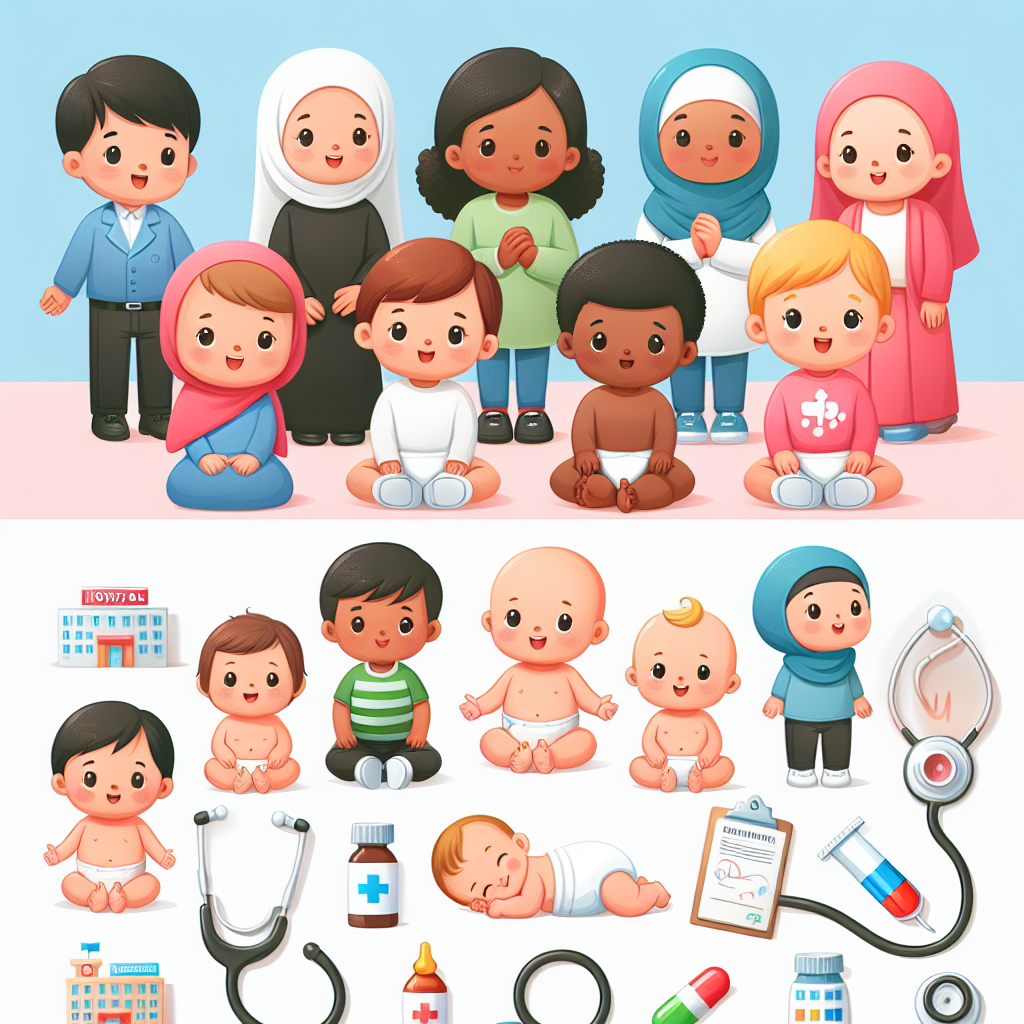Filed under Health Insurance on
Comprehensive Guide to Affiliated Workers Health Insurance

In today's ever-evolving work environment, affiliated workers—individuals who are part of gig economies, freelancers, or independent contractors—comprise a significant portion of the global workforce. As these professionals continue to grow in number, they face unique challenges, with health insurance often at the forefront. Unlike traditional employees, who usually receive health coverage through their employers, affiliated workers must navigate the intricacies of acquiring their health insurance. This comprehensive guide to affiliated workers' health insurance aims to provide a thorough understanding of the options available and crucial considerations to bear in mind.
Understanding Affiliated Workers Health Insurance
Affiliated workers often lack the traditional benefits that come with full-time employment, making it essential for them to understand the health insurance landscape. This guide will break down the resources and strategies available to these workers as they seek to secure adequate medical coverage.
1. The Importance of Health Insurance for Affiliated Workers
For affiliated workers, securing reliable health insurance is vital for various reasons:
- Financial Protection: Health insurance shields individuals from exorbitant medical expenses, which can be financially ruinous without proper coverage.
- Access to Healthcare: Insurance ensures access to necessary medical services, including preventative care, which can mitigate long-term health issues.
- Peace of Mind: Securing health insurance alleviates stress regarding unexpected medical costs, thereby allowing affiliated workers to focus on their professional endeavors.
2. Types of Health Insurance Options Available
Affiliated workers are not restricted to employer-sponsored plans and can explore various other options:
- Marketplace Insurance: The Affordable Care Act (ACA) provides a healthcare marketplace where individuals can purchase insurance. This includes access to subsidies based on income levels, making it an attractive option for affiliated workers.
- Private Health Insurance: This involves purchasing plans directly from insurance companies. Such plans offer a wide range of options, albeit often at a higher cost compared to marketplace insurance.
- Short-term Health Plans: For those in need of temporary coverage, short-term plans can be a stopgap solution, though they traditionally offer limited benefits.
- Association Health Plans (AHPs): Some affiliated workers might qualify for group health plans through professional associations, providing a more economical choice for coverage.
- Medicaid and CHIP: Depending on their income level, affiliated workers might qualify for state-run programs like Medicaid or the Children’s Health Insurance Program (CHIP).
3. Key Considerations When Choosing an Insurance Plan
Selecting an insurance plan can be challenging due to the myriad of factors that need to be considered. Key factors to evaluate include:
- Premium Costs: The monthly cost of the insurance, which must fit within one's budget while balancing coverage needs.
- Out-of-Pocket Expenses: Deductibles, co-pays, and out-of-pocket maximums can significantly affect the overall expense of healthcare.
- Networks and Coverage: Ensuring that desired healthcare providers and facilities are within an insurance plan's network is crucial for accessing desired care at lower costs.
- Plan Benefits: Some plans offer additional perks like dental, vision, or mental health services, which could be beneficial depending on personal health needs.
4. Practical Steps to Obtain Health Insurance as an Affiliated Worker
Navigating the health insurance landscape as an affiliated worker involves several practical steps:
- Research Options: Thoroughly explore all available plans, using resources like the ACA marketplace or insurance comparison websites.
- Identify Needs: Assess personal and family health care needs to ensure coverage aligns effectively.
- Calculate Budget: Determine what you can afford, factoring in premiums and potential out-of-pocket expenses.
- Contact Insurers: Engage directly with insurance representatives to ask questions and clarify doubts.
- Enroll on Time: Adhere to open enrollment periods for maximum choice and coverage.
- Review Annually: Health insurance needs can change, and it’s wise to evaluate your plan annually.
Real-Life Example: Navigating Health Insurance as a Freelancer
Let’s take the case of Sarah, a freelance graphic designer who relies solely on contractual work. Sarah quickly realized the importance of having health insurance for both regular healthcare maintenance and unforeseen medical events. Initially overwhelmed by the available options, Sarah did the following:
- She leveraged the healthcare marketplace and identified two plans that suited her budget and coverage needs.
- Recognizing the importance of dental and vision, she compared additional coverage options in potential plans.
- After careful consideration of network availability, Sarah chose a plan that included her preferred health care providers.
- By annually reviewing her healthcare requirements, she remains proactive in adjusting her coverage as needed.
Sarah’s experience underscores the necessity for due diligence in selecting an appropriate health insurance plan tailored to the unique circumstances of affiliated workers.
5. FAQ
-
What are the main challenges affiliated workers face in securing health insurance?
Affiliated workers face challenges like financial limitations, lack of employer-sponsored plans, understanding complex insurance products, and selecting plans that balance coverage with affordability.
-
Can affiliated workers receive subsidies for marketplace insurance?
Yes, affiliated workers often qualify for subsidies through the ACA marketplace, which are calculated based on their income to make insurance more affordable.
-
Are short-term health insurance plans advisable for long-term coverage?
Short-term plans are typically less comprehensive and intended for temporary use. Relying on them for long-term coverage may lead to denied claims for pre-existing conditions and limited coverage for essential services.
-
How often should affiliated workers review their health insurance plans?
Affiliated workers should review their health insurance plans annually or whenever significant life changes occur to ensure continuous, adequate coverage tailored to their evolving needs.
-
Can affiliated workers join group health plans?
Some affiliated workers may qualify for Association Health Plans (AHPs) through professional bodies or trades, providing potentially more economical options compared to individual plans.
In summary, affiliated workers must navigate a uniquely complex landscape to secure health insurance, but thorough research, careful consideration of personal needs, and strategic decision-making can lead to effective and comprehensive coverage. This guide aims to empower affiliated workers to make informed choices for their health insurance needs.





